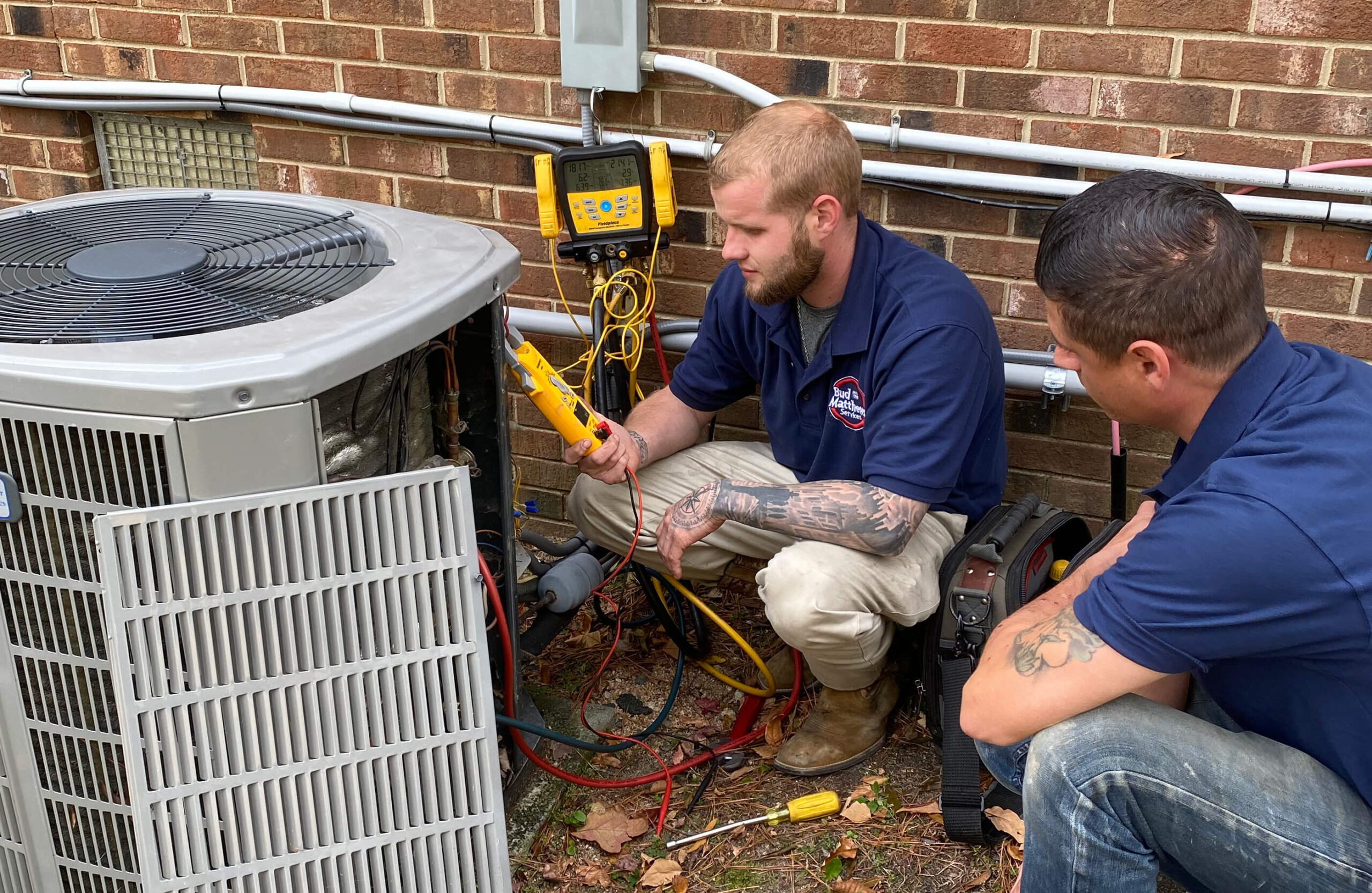What Does My Home Need to Benefit from a Heat Pump Water Heater?
 Once upon a time, homeowners had few choices when it came to new water heater installations. Everyone used storage tank water heaters, and that was that.
Once upon a time, homeowners had few choices when it came to new water heater installations. Everyone used storage tank water heaters, and that was that.
But now we live in times when homeowners can select water heaters with better energy efficiency, such as the tankless water heater and the heat pump water heater.
Just because new choices exist, however, doesn’t mean they’re the right choices for everyone. A heat pump water heater, for example, won’t work for all homes. If you’re curious about whether your home meets the conditions for an effective and energy-saving heat pump water heater, we can help you out with the facts.
The Unusual Situation With Heat Pump Water Heaters
A heat pump water heater has a unique way of applying thermal energy to water. Rather than generate heat by burning fuel, such as combusting propane or natural gas, or with electrical resistance heating, a heat pump doesn’t generate heat at all. It moves heat from another location. This is called heat exchange, and it’s the way an air conditioner or standard heat pump works. Refrigerant circulates through two sets of coils, evaporating the refrigerant in one set to absorb heat and condensing it in the second set of coils to release heat. A heat pump water heater absorbs heat from the air around the heat pump and then releases it into the tank.
This unique operation creates an unusual situation for a heat pump water heater: its performance and efficiency depend on the conditions in which it is operated. For one of these water heaters to work at its best, it must be installed in an area with sufficient available heat, space, and humidity. A heat pump water heater also makes more noise than standard water heaters and it cool the spaces around it as it runs; this affects placement as well.
Here are a few things your home needs for ideal heat pump water heater operation:
- An unoccupied part of the home where noise and low temperatures won’t bother anyone, such as a basement.
- At least 1,000 cubic feet of surrounding air, which is about a 12’ x 12’ room. (You can’t stick the water heater in a closet!) The space must also be tall enough—heat pump water heaters are taller than other types.
- A space with ambient temperature that won’t fall below freezing (32°F) and remains between 40°–90°F during the year.
We also recommend you find spot that isn’t already air conditioned, since the area will rapidly become toocold because of the action of the heat pump. The garage isn’t an ideal location because this space is usually unheated and poorly insulated. A good location is near to the furnace where temperatures are warmer.
To find out more about heat pump water heaters and other models of water heaters, call our experts. They can determine if your home is right for installing this type of water heater. If it isn’t, they’ll find a system to meet your needs.










